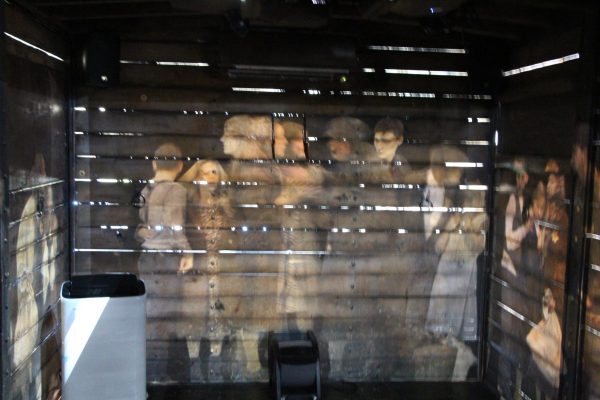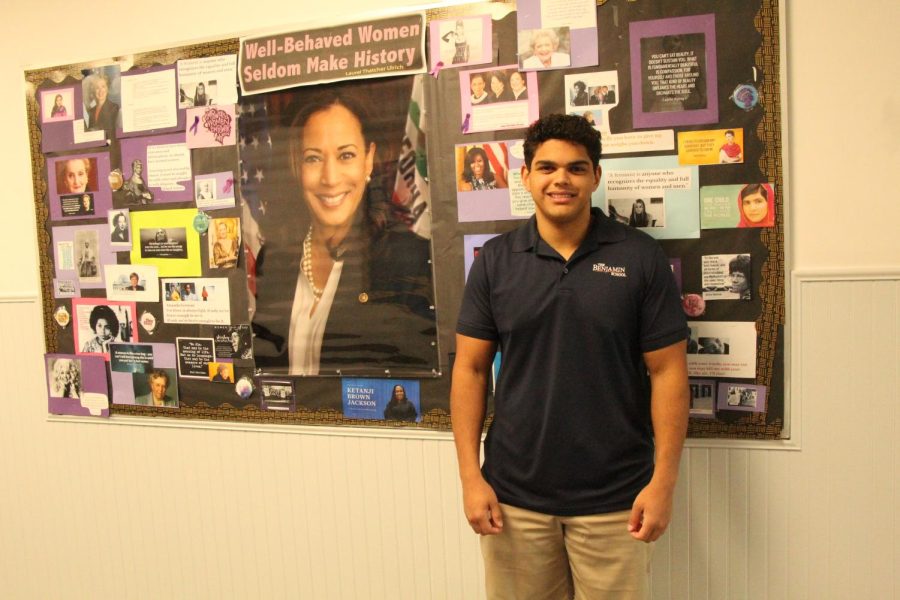Ramadan: Month of Faith, Prayers, Discipline
Ramadan is the ninth month of the Islamic calendar, which is observed by Muslims worldwide as a month of fasting, prayer, reflection, and community. During this holy month, Muslims abstain from food, drink, and other physical needs from dawn until sunset. This year, Ramadan started on the evening of March 22nd and will last for 30 days.
While the Benjamin School may have only a few Muslim students, it is essential to understand the significance of Ramadan and how it affects those who observe it. Ramadan is not only a time for Muslims to practice self-restraint and discipline but also to deepen their faith and connection with Allah (God). It is also an opportunity to give to charity and to perform good deeds.
As a non-Muslim, it is important to be respectful and supportive of those who are fasting during Ramadan. This means being mindful of scheduling events that involve food or drinks, such as parties or meetings, outside of fasting hours. Additionally, it is crucial to avoid eating or drinking in front of someone who is fasting, as it can be a distraction or temptation for them.
For those who are interested in learning more about Ramadan and its customs, there are many resources available. One way to educate oneself is by reading about the significance of Ramadan and how it is observed. It is also possible to reach out to local Muslim organizations or mosques to learn more about the Islamic faith and its practices.
During Ramadan, it is common for Muslim students to be excused from physical education classes or other strenuous activities, as fasting can lead to fatigue and dehydration. It is essential to understand that this is not a form of discrimination but rather an accommodation for those who are observing Ramadan.
Junior Adam Mahmoud a Muslim student at Benjamin shares his strategies for staying in shape while maintaining his fast throughout the whole month.
“It can be hard but, after a few years of fasting you get used to it, every year I start to develop my own schedule,” Mahmoud said “As soon as I get home I do my homework and study and I work out after I eat so I have more energy,” Mahmoud added.
In conclusion, Ramadan is a significant month for Muslims worldwide, and it is important to be respectful and understanding of those who are fasting during this time. By being mindful of fasting hours and avoiding food and drink in front of those who are fasting, we can show our support and appreciation for our Muslim peers. Additionally, taking the time to learn more about Ramadan and its customs can help promote cultural understanding and respect within our diverse community.

Dev Maharaj has been a ninth-grader at the Benjamin School since sixth grade and enjoys playing basketball. He has expressed interest in journalism through...








